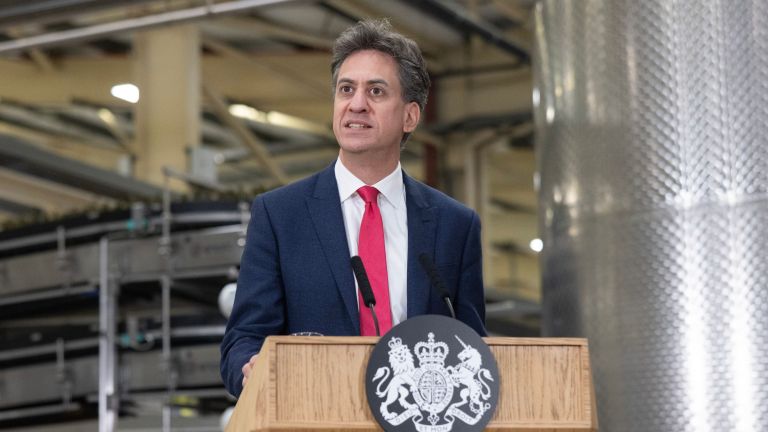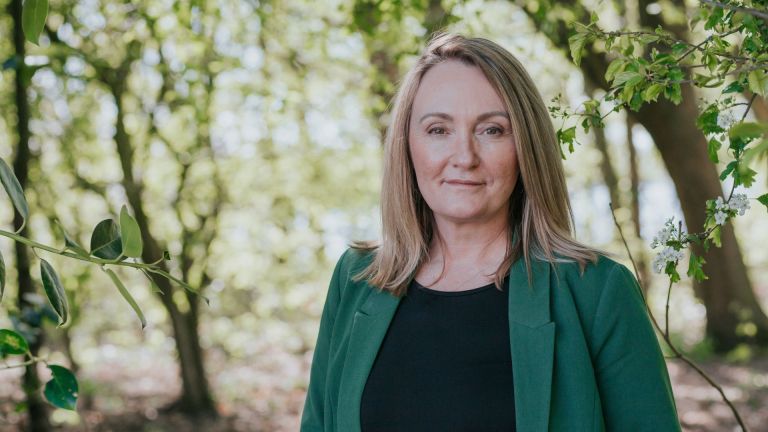Earlier this month the Financial Conduct Authority (FCA) published its annual Financial Lives survey, which looks at the financial circumstances and attitudes of UK consumers. This year’s survey provided some stark insights, including that one in 10 people have no cash savings whatsoever, and a further two in 10 have less than £1,000 in cash savings.
For us at StepChange, this isn’t surprising, but it is alarming – consistent research has shown savings are key in preventing a debt crisis when someone faces a life shock or a large, unexpected expense. For the one in 10 people with no savings, should they lose their job or suddenly need to replace their boiler, borrowing on credit, which so often has high interest and charges, might be their only option. So how does something so commonplace turn into a debt problem?
Unfortunately, these kinds of coping mechanisms can have knock-on consequences for those who cannot afford to save. If you need your car to get to work and it fails its MOT or needs fixing, you either find the money or a way of borrowing it somehow, or risk losing your income. If your family’s fridge fails and you can’t keep fresh food you will ultimately need to replace it somehow, even if it means borrowing.
Read more:
- For those still dealing with a post-Covid debt hangover, financial resilience is vital
- There’s no evidence women are worse with money. So how do we tackle the growing gender debt gap?
- I live month to month, fighting to get out of debt – this is the reality of life on the breadline
Yet what if the consequence down the line is that repayments you can’t afford mean you’re behind on other bills, leading to more borrowing and deeper debt, or finding yourself unable to square things financially with friends or family who’ve tried to help?
And these challenges are far more likely for those who have experienced difficult financial life events like redundancy and illness. The Financial Lives survey finds that 11 million adults in the UK, have recently experienced a negative life event. Our 2019 report Life Happens looked in detail at the challenges that arise after life shocks and highlighted the importance of access to a range of financial safety nets. StepChange has since made a number of recommendations for policy changes to help improve the situation – including the development of a “No Interest Loan Scheme”, which is being piloted by Fair4All Finance and we hope will be rolled out more widely in future.










